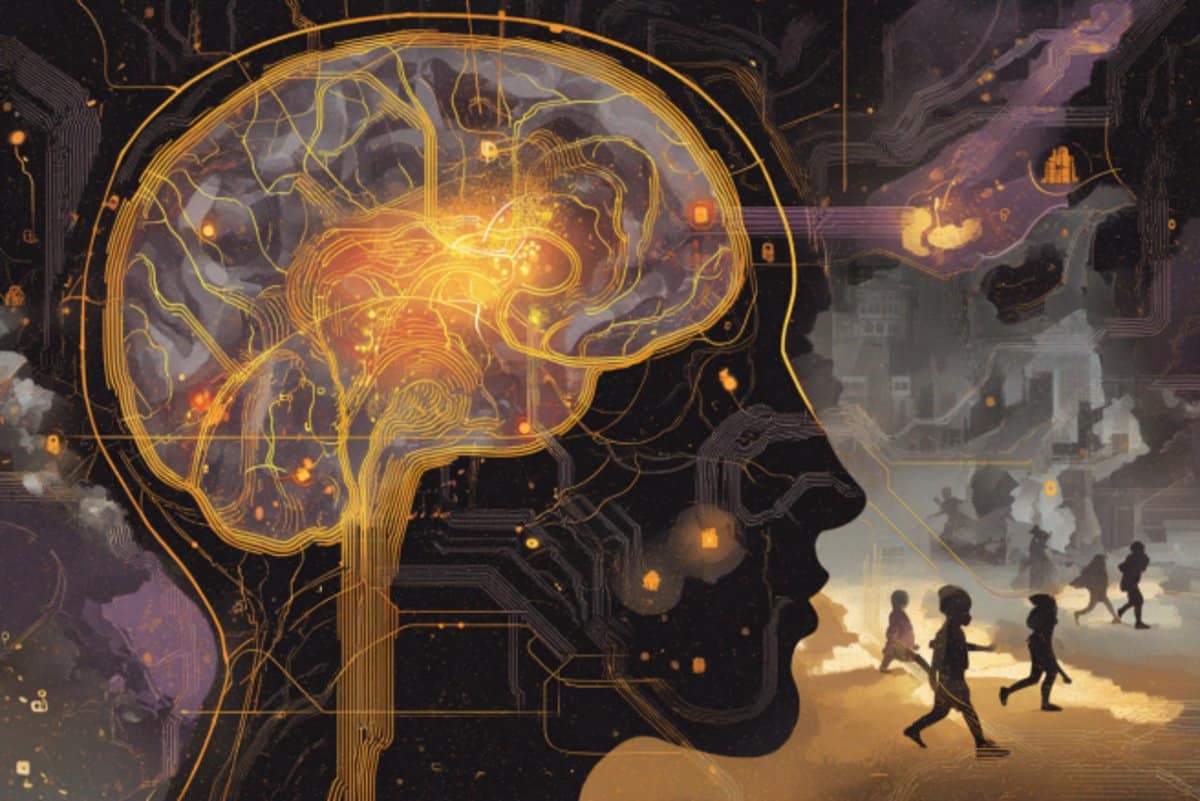Childhood Trauma May Rewire the Brain, Driving Lifelong Aggression
A Silent Legacy of Trauma
For decades, psychologists and neuroscientists have sought to understand why some individuals who experience trauma at an early age struggle with aggression, attention problems, and difficulties in emotional regulation throughout their lives. Now, a new study offers powerful insights: childhood trauma may physically reshape the brain, leaving behind biological imprints that last a lifetime.
The research focused on the nucleus reuniens, a small but vital brain region that serves as a communication hub between areas responsible for memory and emotion. Disruptions in this circuit, researchers found, could help explain why early trauma is often linked to impulsivity, aggression, and heightened stress responses later in life.

What the Study Revealed
Scientists used advanced neural simulations in mice to model how early-life stress influences brain function. The results were striking. The team observed that early traumatic experiences disrupted how the nucleus reuniens communicated with other parts of the brain.
Under normal circumstances, this region helps regulate how emotional memories are processed and expressed. But when trauma alters this system during childhood, the brain appears to remain in a heightened state of stress reactivity. This makes individuals more vulnerable to impulsive aggression, difficulty concentrating, and challenges in managing emotions when faced with stressful situations.
Rather than framing aggression as a mere personality defect, the study highlights it as a neurological outcome of trauma—an important shift in how society might view and address aggressive behavior.
Beyond Behavior: A Biological Explanation
For years, impulsive aggression and attention-related struggles have been stigmatized, often seen as poor self-control or character flaws. But this new research reframes the issue.
By showing how early adversity literally rewires brain pathways, scientists provide biological evidence that aggression may stem less from conscious choice and more from altered neural architecture. This perspective not only removes some of the stigma but also paves the way for new treatment approaches.
The Human Impact
Childhood trauma is more common than many realize. Abuse, neglect, household instability, and exposure to violence all contribute to toxic stress that can affect a child’s brain development. According to global health data, millions of children grow up under such conditions, and many carry the psychological and neurological scars well into adulthood.
The implications are profound: understanding the neurological roots of aggression could help reshape interventions in education, healthcare, and criminal justice systems.
Toward Future Solutions
Experts suggest that this research opens promising avenues for targeted therapies. If trauma leaves a specific biological footprint in the brain, then interventions could be designed to restore balance in the nucleus reuniens and related circuits.
Potential treatments may include:
-
Neurofeedback and brain stimulation therapies aimed at improving connectivity between brain regions.
-
Trauma-focused psychotherapy that incorporates an understanding of how stress reshapes the brain.
-
Preventive interventions for children at risk, helping to mitigate the neurological impact of trauma before it becomes entrenched.
Such approaches could not only reduce the prevalence of impulsive aggression but also improve long-term mental health outcomes for trauma survivors.
A New Lens on Aggression
This study challenges long-held assumptions about human behavior. By reframing aggression as a neurological response to trauma rather than a fixed trait, it opens doors to compassion, understanding, and innovation.
As science continues to uncover the deep connections between trauma and brain development, the hope is clear: that future generations may benefit from early interventions, improved therapies, and a society that views aggression not as a flaw, but as a call to heal wounds left by childhood adversity.